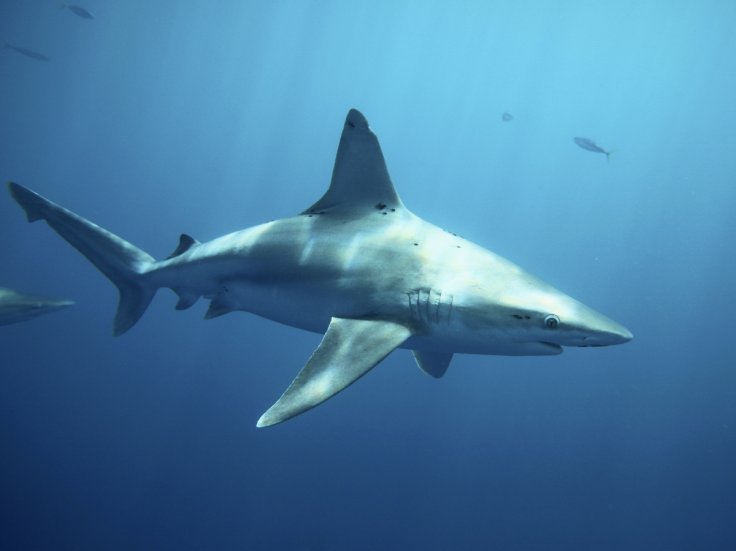Prolonged exposure to high carbon dioxide (acidified) seawater may corrode tooth-like scales, better known as denticles that cover the skin of puffadder shy sharks, a new study published in Scientific Reports, suggests. Researchers noted that sharks with such damaged denticles could be extremely vulnerable to infection or injury.
The oceans are slowly becoming more acidic as the seawater absorbs a high quantity of carbon dioxide (CO2) leading to harmful impact on marine wildlife. The scientists said that if people continue to burn fossil fuels, emitting CO2 at the current level, the average potential of hydrogen (pH) of oceans will dip from 8.1 to 7.3 by 2300.

25% of denticles damaged
Earlier, there have been several reports on the effects of acidified water in several species. But the researchers have studied the instance of denticle corrosion as a result of long-term exposure for the first time ever.
Lutz Auerswald, a fisheries biologist at Stellenbosch University in South Africa, said the team of scientists studied three sharks that were housed in acidified seawater for nine weeks. The findings showed that 25% of denticles on average were damaged with duller edges and rougher surfaces, compared to 9.2% of denticles in a control group of three sharks that had been housed in non-acidic water.
Affects the shark's swimming ability
According to the study, the corrosion may affect the sharks' skin protection and swimming and hunting ability in open-water sharks as the denticle surface will affect their swimming speed. In addition, such corrosion can impair the sharks' teeth eventually affecting their feeding.
However, apart from the increased carbon dioxide (CO2) concentrations in blood, the prolonged exposure of nine weeks may also increase the concentration level of carbonate, which will prevent the blood from becoming more acidic. Thus, the researchers suggested that this may help the sharks to adjust in such high CO2 conditions during periods of exposure.









